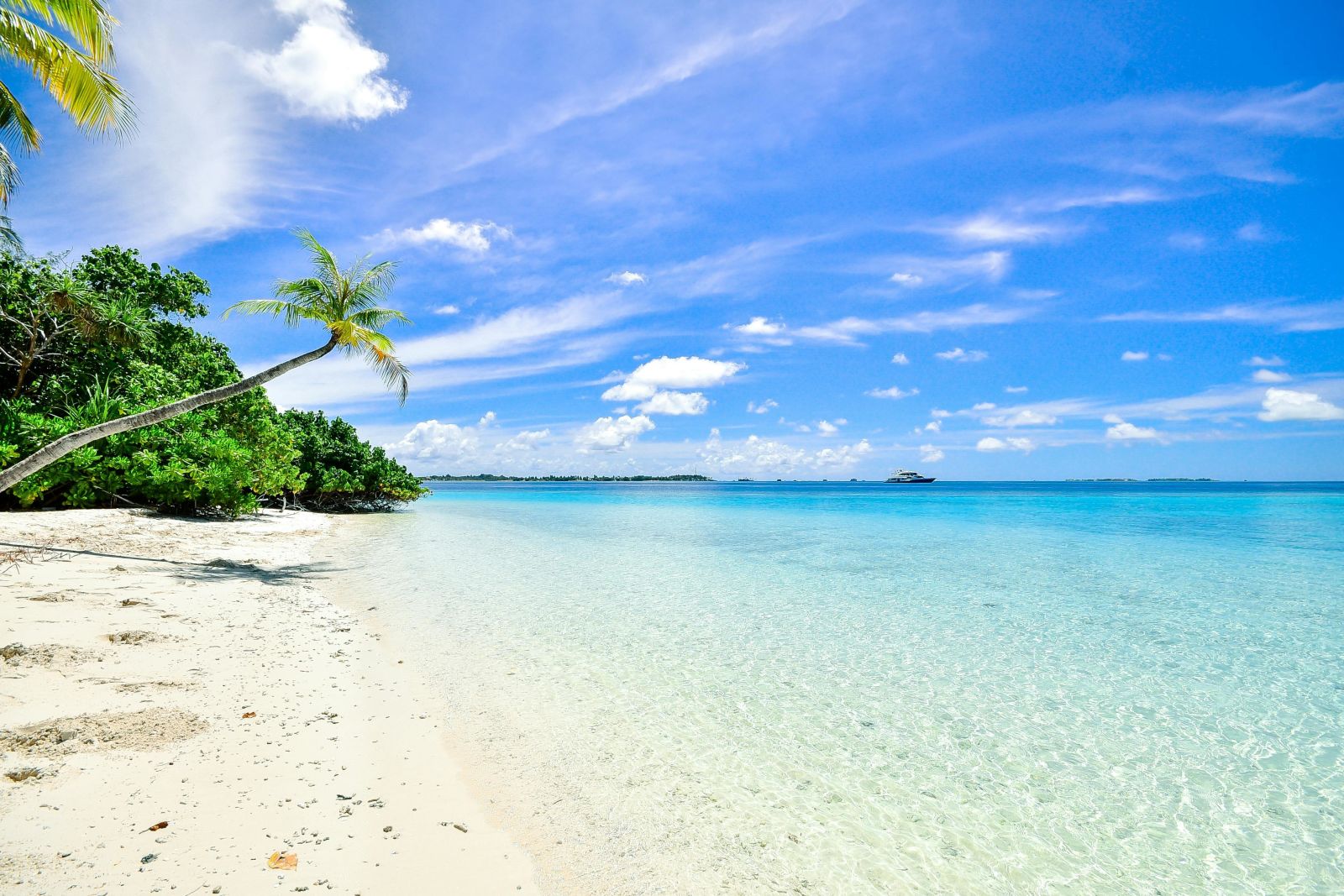2. Be Transport-Savvy
It’s hard to book a trip with zero carbon emissions (unless a local hiking trip is up your alley), but there are some things you can do to reduce your carbon footprint as you travel from point A to point B. As a general rule for short-haul trips, traveling by bus or train is usually your greenest option. The worst choices are planes and cars, particularly when the car only has 1 occupant.
For long-haul travel, taking a plane may be your best option, but you should try to take a direct flight when you can—the biggest emissions for flights are on take-off and landing, so flight patterns with layovers boost your carbon output significantly. If you're resolving to cut down on flights this year, try taking multiple mini breaks to destinations reachable by bus or train instead of choosing long-haul travel spots.
Once you’re at your destination, make fuel-efficient choices. Opt for public transport, rental bikes, or just walking from place to place when you can, instead of going for an Uber or a taxi every time you need to go a few blocks.

